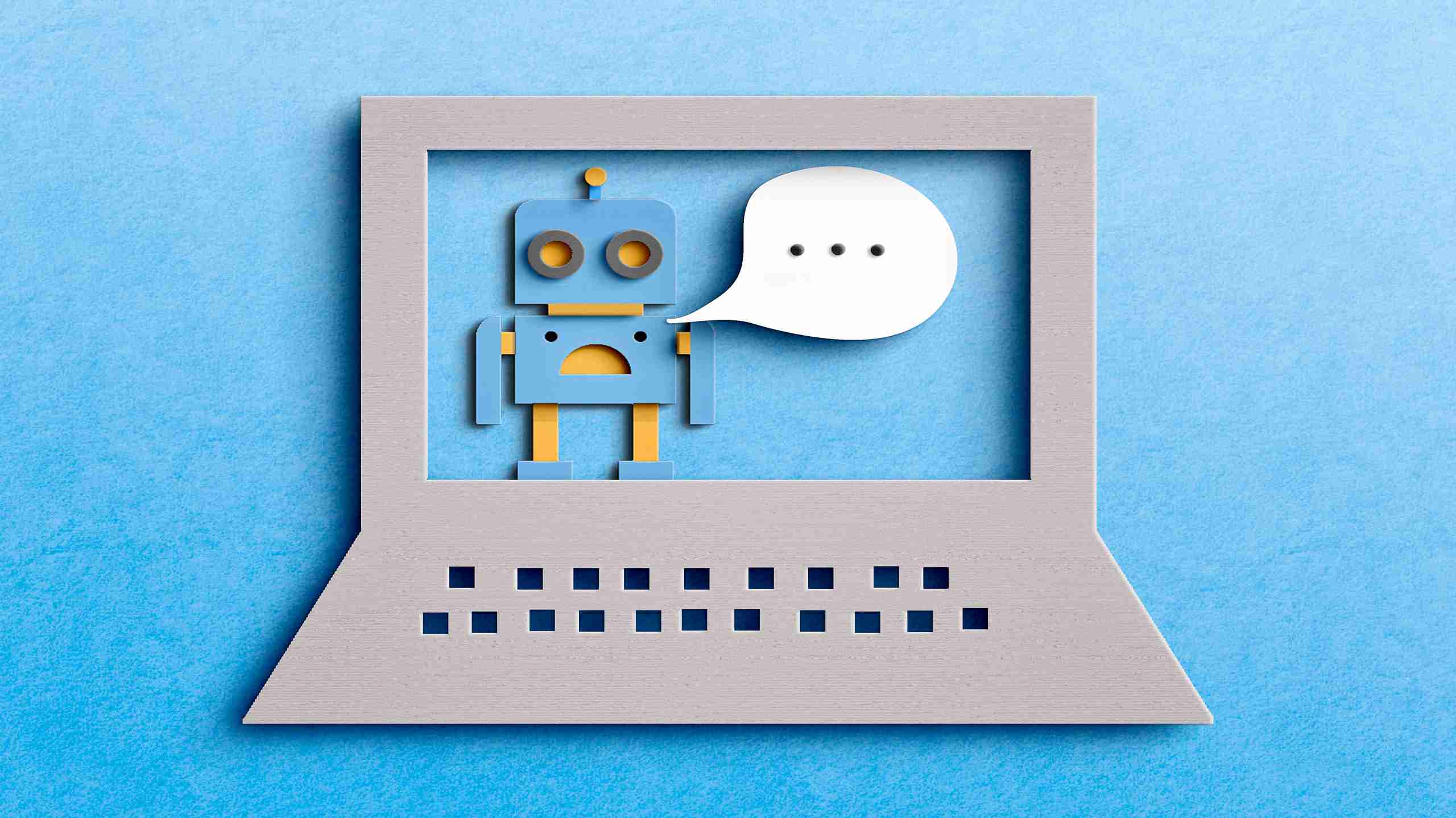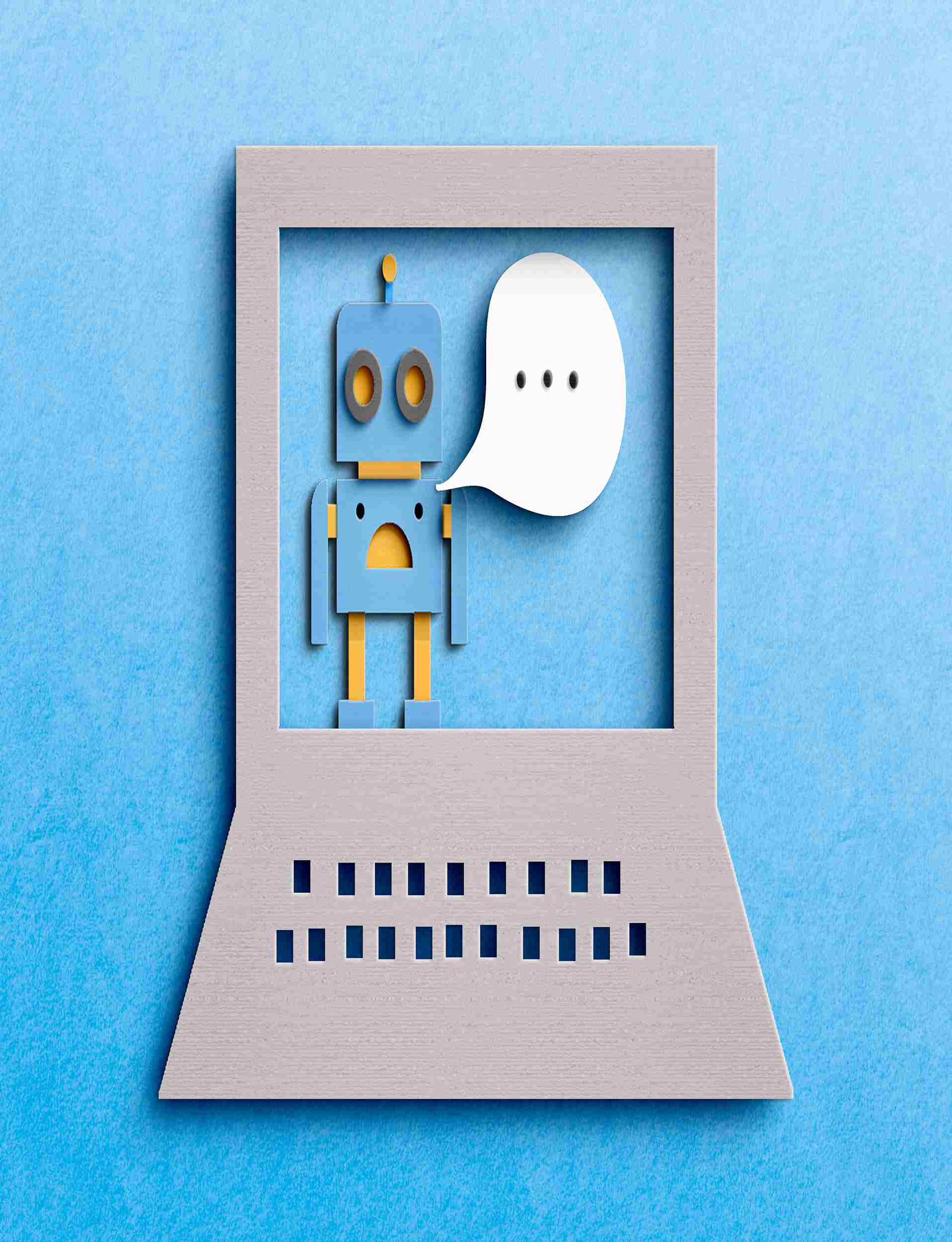


How chatbots and AI in hospitality are redefining the field
Have you ever wished for a simpler, more efficient way to make hotel reservations? Perhaps you’ve envisioned a process without frustrating hold times, garbled speech, or language barriers. Well, get ready to step into the future of travel as we explore the benefits of chatbots and AI in hospitality.
In an era where customer experience is of utmost importance, these technological advancements have the potential to transform the way we interact. Let’s explore the compelling world of conversational AI that can automate mundane tasks while taking guest experiences to new levels.
Introduction to chatbots and AI in hospitality
With advancements in machine learning and natural language processing, AI-powered chatbots are revolutionizing the way hotels engage with their guests. These virtual concierges are available 24/7, providing seamless service with little effort. From making restaurant reservations and offering weather updates to suggesting local attractions and promptly addressing concerns, these chatbots enhance the overall guest experience.
The seamless function is achieved through carefully crafted rule-based algorithms or advanced AI technologies that have been trained using past interactions. This innovative approach significantly improves customer satisfaction rates and enhances overall operational efficiency.
The integration of a hospitality chatbot with a conversational interface eliminates the time-consuming processes typically associated with hospitality experiences, such as waiting in front desk queues for concierge services. This innovation allows for efficient and seamless completion of necessary tasks even before guests settle into their comfortable suites.
How does a hotel chatbot work?
Chatbots have become essential tools for hotels, providing automated yet interactive guest interactions. However, the way these chatbots operate and interact can vary depending on their infrastructure. In the hospitality industry, there are generally two categories of chatbots: Rule-Based Hotel Chatbots and AI-Based Hotel Chatbots.
Rule-based hotel chatbots
A rule-based chatbot is built upon predetermined scripts and programmed responses. In other words, these chatbots operate based on specific instructions that are programmed into them. When a customer inquiry matches their preset commands, they provide appropriate responses, similar to following a predetermined flowchart.
Here are the key features.
- These automated bots can provide information on commonly asked questions, such as the times for check-in and check-out or the availability of Wi-Fi.
- When faced with more complex inquiries that fall outside their expertise, these AI systems often resort to generic answers or transfer the user to human assistants.
- While AI bots are more adaptable and efficient in handling complex interactions, rule-based bots excel at providing accurate responses to straightforward inquiries.
AI-based hotel chatbots
As machine learning and natural language processing (NLP) advance, we are entering a realm of more sophisticated technology: AI-driven hotel chatbots.
Let’s look at what defines an AI-powered chatbot.
- Unlike bots that follow rules, these bots use advanced deep learning algorithms to understand and engage in conversations with rich context.
- By incorporating NLP capabilities, these bots can understand user intent even when faced with vague inputs or different linguistic styles. This enables them to provide personalized service 24/7.
- With their integrated decision-making intelligence, these systems can actively interact with guests throughout the booking process, while also maximizing opportunities for cross-selling.
- They have an inherent ability to learn from previous interactions, thus improving their response framework over time.
Chatbots have become essential tools in the modern era of technology, revolutionizing hotel operations and enhancing the guest experience through personalized and timely assistance. Some hotels, such as the Equinox in New York, have the majority of their customer queries handled by chatbots. These AI-based chatbots continuously learn, evolve, and adapt, representing innovation within the hospitality technology industry. Learning how to master these tools can be the key to success in hospitality, so it is important to find a degree or course that teaches you about these new developments.
Harness the power of emerging technology
Refine your expertise with access to industry leaders and prestigious professional placements that will put your leadership skills on the route to running a business anywhere in the world.
Master’s in innovation and entrepreneurship
Critical components of conversational AI technology
It is important to fully understand the fundamental components that constitute chatbots and AI technology. To begin with, NLP plays a critical role. NLP allows the chatbot to understand customer queries by converting spoken or written language into organized data. This comprehension enables the bot to engage in meaningful interactions with users.
Moving on, we have machine learning (ML), which plays a key role in predictive modeling. Through ML, AI-powered hotel systems can learn from every interaction, using that knowledge to enhance responses over time. These bots become more knowledgeable with experience.
Automation now plays a crucial role in the hotel industry, particularly through the use of rule-based chatbots that handle various tasks like confirming bookings or providing check-in details. This automation greatly streamlines processes that were traditionally done manually.
In addition, seamless integration with internal systems like CRS or PMS is crucial. This comprehensive connection network ensures that relevant data can be easily retrieved from or shared across different platforms, resulting in consistent service delivery.
Finally, it is important to have a solid foundation of analytics and reporting to gain insights into customers’ needs and preferences. This will help hotels continuously improve their services.
Benefits of using AI chatbots for hotels
Francesco Carta fotografo/ Moment Via Getty Images
In today’s fast-paced hospitality industry, AI chatbots have emerged as invaluable assets for hotels, revolutionizing guest services and operational efficiency. These AI-driven virtual assistants not only enhance guest experiences but also streamline internal processes, making them an indispensable tool for modern hotels.
24/7 customer service
Hotel AI chatbots are available 24/7, providing continuous support to guests. Regardless of the time, guests can receive immediate assistance through a mobile app and feel heard whenever they have inquiries or need help.
Increase direct bookings
Implementing chatbots in the hotel industry is a smart strategy to enhance direct bookings. A properly designed chatbot can quickly and efficiently address customer queries regarding amenities, rooms, and services. This streamlined communication process can expedite decision-making and ultimately increase reservations made directly through the hotel website.
Support throughout the booking journey
AI-powered chatbots go beyond simple booking functions. They provide comprehensive assistance to guests throughout the entire booking process. From helping you select the perfect room to providing information on appealing discounts and offers, these virtual assistants guide you every step of the way until your reservation is confirmed.
Communicate in multiple languages
A hospitality chatbot has the remarkable ability to engage in seamless conversations across multiple languages, eliminating the need for expensive human translators. This is particularly valuable in the hospitality industry, which is spread throughout the world. When confronted with enquiries in foreign languages, AI-powered chatbots function as proficient polyglots, ensuring that every guest feels welcome and understood regardless of their country of origin.
Up-sell and cross-sell opportunities
Chatbots have become valuable tools for enhancing customer interactions by accurately understanding their preferences. This opens up excellent opportunities to effectively upsell and cross-sell during these conversations. For instance, when someone books a double room, offering them spa packages or suggesting dinner reservations while arranging airport pick-ups can provide personalized touches that not only enhance the guest experience but also contribute to revenue growth.
Personal experience
Hotel AI systems store guest information, such as previous bookings, special service requests, and frequent inquiries. This allows for more personalized experiences in the future, ultimately enhancing the overall guest experience. There’s nothing quite like being recognized to make a guest feel appreciated.
A more efficient customer experience
Chatbots powered by AI technology have revolutionized the hotel booking process, making it more convenient and efficient for customers. By minimizing wait times, offering alternative options when necessary, and providing quick solutions, AI chatbots streamline the navigation through various hotel services effortlessly.
Reduced burden on customer service staff
By utilizing chatbots to handle common inquiries such as checking room availability or addressing basic concerns, human staff can focus on resolving more complex customer issues. This not only alleviates their workload but also helps reduce stress levels and boosts overall job satisfaction among team members.
Personalized promotional efforts
An AI-powered chatbot can analyze user conversations and tailor personalized promotional messages that are targeted to each client. This approach has been proven to significantly improve click-through rates and drive sales.
Follow up with your guests
Additionally, AI-powered chatbots excel at maintaining communication with guests even after their stay. By requesting reviews or offering incentives for future visits, these bots ensure that your establishment remains memorable to guests long after they have checked out.
Use cases of conversational AI in hospitality
In the hospitality industry, chatbots and AI have revolutionized various aspects of the guest experience. Let’s explore some noteworthy cases that have significantly transformed how businesses operate. If you want to learn how to use AI in hospitality venues, you can start by studying for a hospitality degree.
The future is waiting
Begin your journey to excellence with expert teaching and sought-after professional placements that provide the essentials for success in the fast-paced world of modern hotels.
Business management hospitality
Room booking
The implementation of chatbots has greatly streamlined the process of hotel room booking. Users can now communicate with a chatbot through a messaging platform to easily initiate and complete their room reservations. These chatbots are able to retrieve real-time availability information from integrated systems, allowing for quick and direct bookings without the need for hotel staff intervention. With the help of AI technology, these bots ensure accurate data compilation for each interaction, providing error-free booking options at the fingertips of future guests.
Customer service
Chatbots are immensely beneficial in the realm of customer service. These automated systems are designed to swiftly address frequently asked questions, minimizing wait times and enhancing overall customer satisfaction. What’s more, even beyond regular business hours or during peak periods, chatbots ensure uninterrupted availability by delivering consistent responses around the clock. This unparalleled efficiency sets them apart from human teams who may struggle to provide continuous support.
Personalized recommendations
Chatbots equipped with artificial intelligence algorithms can provide personalized travel recommendations to guests. These recommendations may include highly-rated restaurants in the vicinity or upcoming local events of interest. By analyzing user preferences and utilizing past interactions, AI-based suggestions cater to individual guest needs, demonstrating a deep understanding and dedication to guest satisfaction.
Online brand management
Chatbots have proven to be valuable in more than just customer support. They also play a key role in online brand management. By monitoring online reviews and hotel mentions on social media platforms, these bots collect feedback and provide comprehensive insights that can be used to enhance reputation management strategies, as well as looking at how to appeal to potential guests.
Price optimization
One notable application of AI in the hotel industry is price optimization. By utilizing machine learning capabilities and integrating them with hotel AI technologies, dynamic pricing models can be developed. These models allow hotels to adjust their rates based on factors like occupancy patterns, competitor prices, or market demand. This ensures that each room generates maximum yield for the hotel. As a result, these AI-driven pricing strategies contribute to increased revenue and improved financial performance for the hotel.
Conclusion
Chatbots and AI in hospitality have become a necessity rather than a choice. These virtual assistants not only provide round-the-clock support and assistance but also contribute to increased direct bookings and personalized experiences throughout the booking process. Their presence undeniably enhances operational efficiency in the industry.
While technology does come with its own set of challenges, such as ensuring strong security measures, the benefits it brings far outweigh the limitations. If you’re interested in shaping the future of hospitality companies, consider starting a hospitality degree with Glion today. Or, read more about other technological advances in hospitality.
Main Photo Credit:
Carol Yepes/ Moment Via Getty Images

















